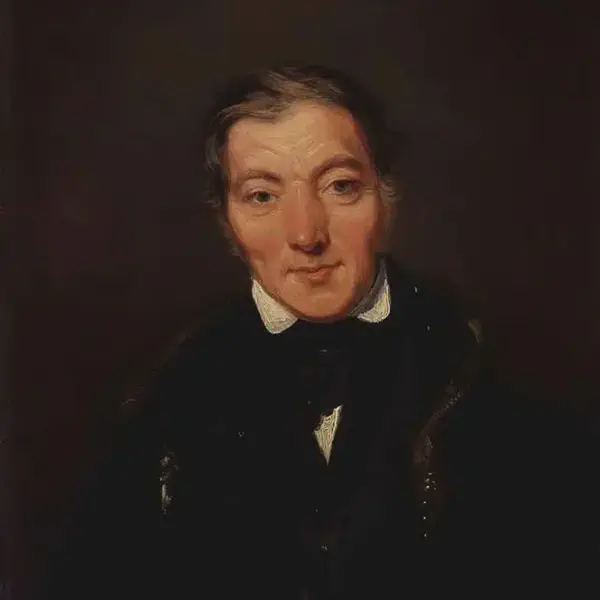
Robert Owen, Welsh-Scottish Industrialist and Social Reformer, Founder of New Lanark Community, Died
November 17, 1858
Robert Owen (14 May 1771 – 17 November 1858) was a Welsh textile manufacturer, philanthropist and social reformer, and a founder of utopian socialism and the co-operative movement. He strove to improve factory working conditions, promoted experimental socialistic communities, and sought a more collective approach to child-rearing, including government control of education.
Robert Owen, the Welsh-Scottish industrialist and social reformer, passed away on November 17, 1858. He is best known for his efforts to improve working and living conditions for workers during the early years of the Industrial Revolution.
New Lanark: Robert Owen became the manager and part-owner of the New Lanark cotton mills in Scotland. Under his management, he implemented various social and labor reforms, including improved housing, education, and sanitation for the workers and their families.
Socialism and Utopian Communities: Owen was a proponent of early socialist ideas and envisioned the establishment of cooperative communities as a solution to social problems. He established experimental communities in the United Kingdom and the United States, such as New Harmony in Indiana, to test his ideas.
Advocacy for Workers’ Rights: Owen was an advocate for workers’ rights and was influential in promoting the idea of an eight-hour workday. He believed that improved working conditions and education would lead to a more harmonious and equitable society.
International Influence: Owen’s ideas had a lasting impact on the labor and cooperative movements. He also influenced the early development of socialism and utopian socialism.
Robert Owen’s legacy extends beyond his death, as his ideas continue to be studied and debated in the context of social and economic reform. The principles he championed laid the groundwork for later discussions on workers’ rights, social welfare, and the role of industry in society.
As Owen grew older and more radical in his views, his influence began to decline. Owen published his memoirs, The Life of Robert Owen, in 1857, a year before his death.
Crowds gather to commemorate Robert Owen at his grave in Newtown, Montgomeryshire on 12 July 1902
Although he had spent most of his life in England and Scotland, Owen returned to his native town of Newtown at the end of his life. He died there on 17 November 1858 and was buried there on 21 November. He died penniless apart from an annual income drawn from a trust established by his sons in 1844